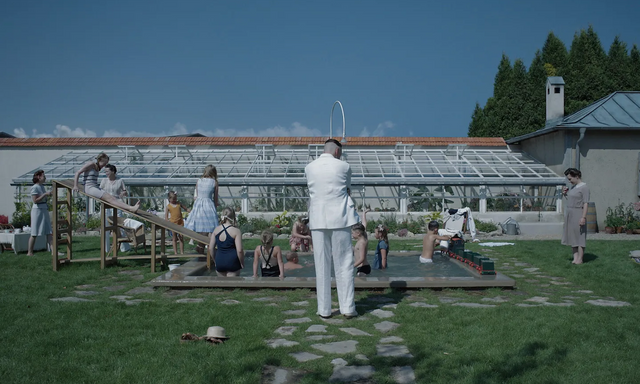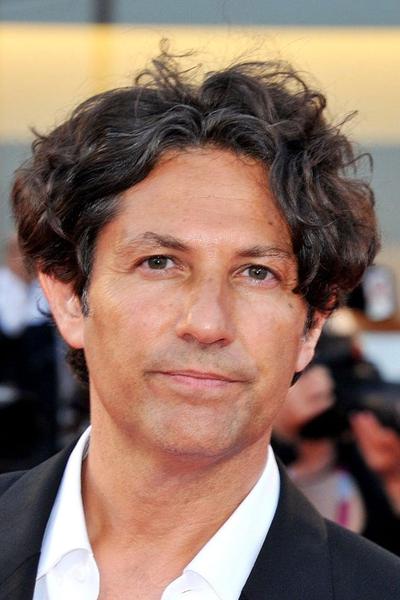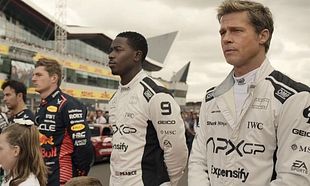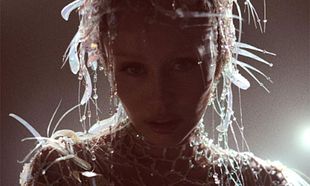Auschwitz, 1943. Rudolf Hoss (Christian Friedel) is the commandant of the concentration camp and has built a comfortable home and life for him and his wife, Hedwig (Sandra Huller) and his children. Servants from the local community handle the chores around the house, while belongings from the prisoner just directly over the wall are routinely dropped off at the house and given to the family inside. Yet all the while, the horrifying engine of unimaginable genocide works tirelessly over the wall of their garden...
It's hard to put into words the sense of malevolence that oozes out of the screen in 'The Zone of Interest'. You're continuously left with a feeling of utter disgust, yet very often you're watching scenes of bucolic family harmony and the humdrum of domesticity. People come and go from the house, children play in the nearby river, mothers huddle around a table and gossip here and there, and the father of the house deals with a steady stream of phone calls and paperwork. It's deliberately normal. That is, until the camera pulls back just a single centimetre, or you look just over to the side there, or strain your ears ever so slightly. It's then that 'The Zone of Interest' makes the case for being one of the most punishing and disturbing movies of the past decade. You are witnessing the banality of unspeakable evil in action.
Jonathan Glazer's direction locks you into each and every scene, with the camera often static and allows you to focus in on minor details and the general scenery. In only a handful of scenes does the lens move, such as when Sandra Huller's character proudly describes the work and care she's put into the garden - the garden that has one wall next to the concentration camp. There's one scene set inside the walls of the camp. It's a static shot of Christian Friedel's character Rudolf Hoss, looking slightly bored and detached that lasts for a brief, few seconds. The rest of the time we see Friedel, he's moving around their house, or playing with his children, or discussing his work in abstract and generally banal terms.
What 'The Zone of Interest' does so frighteningly well is that it makes the Hoss family seem disgustingly normal. We only have a sense of the depth of their active hatreds in one or two moments, often when their version of an idyllic life is threatened or impinged upon. For the rest of the time, there's a sort of detachment that is impossible to understand and grapple with. The sound design of 'The Zone of Interest' never lets you forget what's happening. Throughout the time set around the household, there's a constant hum of muffled screams, furnaces, a sporadic gunshot or two, and beyond all this, we see smoke and ash fill the air as the chimneys belch out human remains and trains deliver to the camp.
There is no escaping any of it, yet the characters continue on in their lives and often enjoy the creature comforts the work provides. We see Sandra Huller's character model herself before a mirror in a fur coat, while Christian Friedel's character calmly counts out fresh wads of money on his desk. We know it's confiscated, and that their rightful owners are probably dead. Yet, they know too and they just don't care. Later, the two of them talk about taking a holiday together. The manner in which it's all presented, so callously domestic, is bound to make your stomach churn and your head spin, and thus makes 'The Zone of Interest' one of the most unforgettable cinematic experiences.














































































